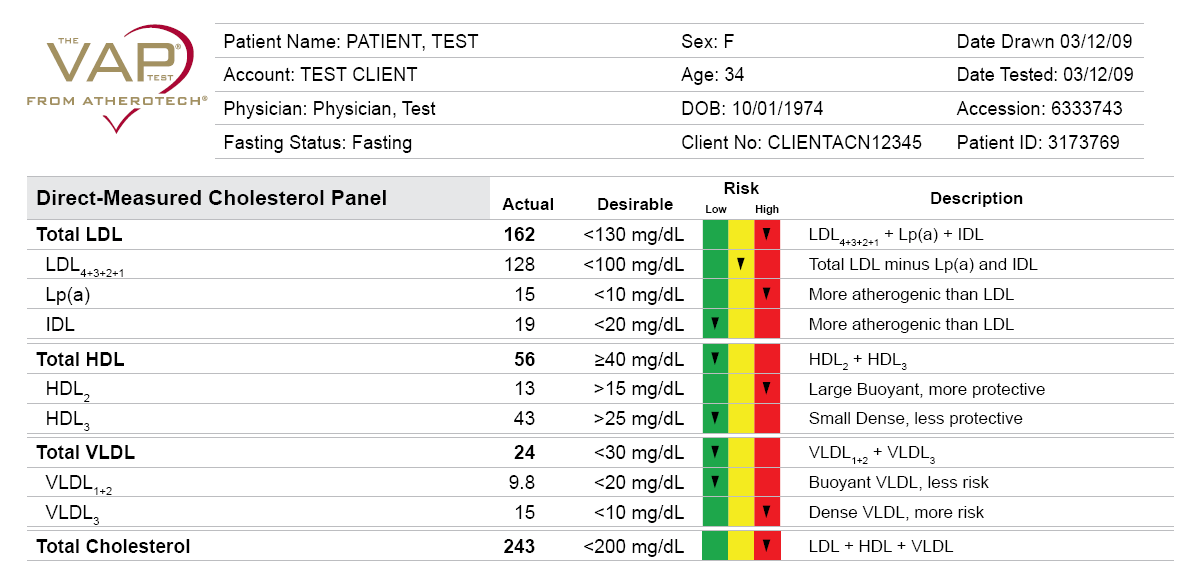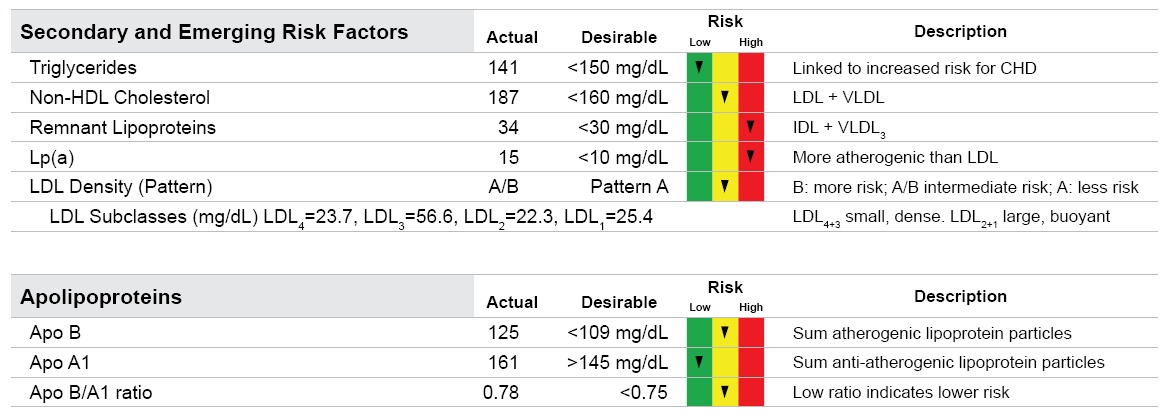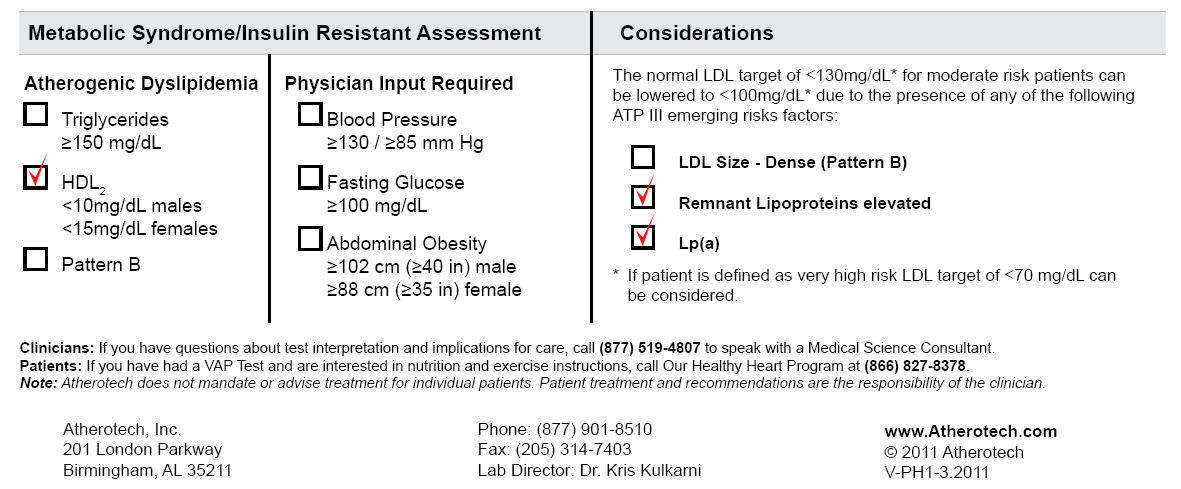-- Yes part of a lipid panel but I don't have a copy of it yet, only some data over the phone. I THOUGHT this guy knew his lipid chemistry but apparently not. All he says is to try adding fruits & fiber before using a statin drug.
-- I need to know if a "high" value of LDL-C matters at all, if the ratio of LDL-C to LDL-P is "good."
-- what is the correct scientific name for
small and dense and for
large and fluffy particles? Or are the defined by a size range?
He used Quest, and they did not do LDL-P as part of the panel he ordered:
https://www.questdiagnostics.com/ho...dition/cardiovascular/advanced-lipid-testing/
What I
wanted was what LapCorp does:
Understanding the NMR LipoProfile® Test Report
https://www.labcorp.com/tests/related-documents/L15035
So I need to see if LEF.org still has that "on sale."
What I THINK I need are the quantitative details of how to interpret the ratio of LDL-C vs LDL-P (Discordance) - what are the numeric ratios ? :
https://www.docsopinion.com/difference-between-ldl-c-ldl-p/
Also, the C and P stand for what words? Cholesterol and Particles, I think.
Also, I would bet that the LDL-C was calculated (probably using the Friedwald Equation; there is another one whose name I don't recall).
I need to know if that gives inaccurate results with a Keto diet - if so you should measure directly.
I'm having a hard time finding information that specifically tells me the differences in interpreting lipid chemistry for a keto diet.
*****
https://www.docsopinion.com/difference-between-ldl-c-ldl-p/
>
Some studies have suggested that the size of LDL-particles may be of importance. People whose LDL particles are predominantly
small and dense, have a threefold greater risk of coronary heart disease.
Furthermore, the
large and fluffy type of LDL may actually be protective.
However, it is possible that the association between small LDL and heart disease reflects an increased number of LDL particles in patients with small LDL. Therefore, the
LDL particle count could be more important in terms of risk than particle size in itself.
ApoB and LDL-P both reflect the number of atherogenic lipoprotein particles. Measurements of ApoB and LDL-P are better predictors of cardiovascular disease risk than LDL-C.
...
In clinical terms, LDL-P does not add much to ApoB.
LDL-P measures the number of LDL-particles while ApoB measures the number of all atherogenic particles (chylomicrons, VLDL,IDL,LDL and Lp(a)).
Usually 85-90% of ApoB represent LDL-particles. <=BUT IS THIS TRUE FOR A KETO DIET 
Therefore, in most cases you don´t need ApoB if you have LDL-P available and vice versa.
>



